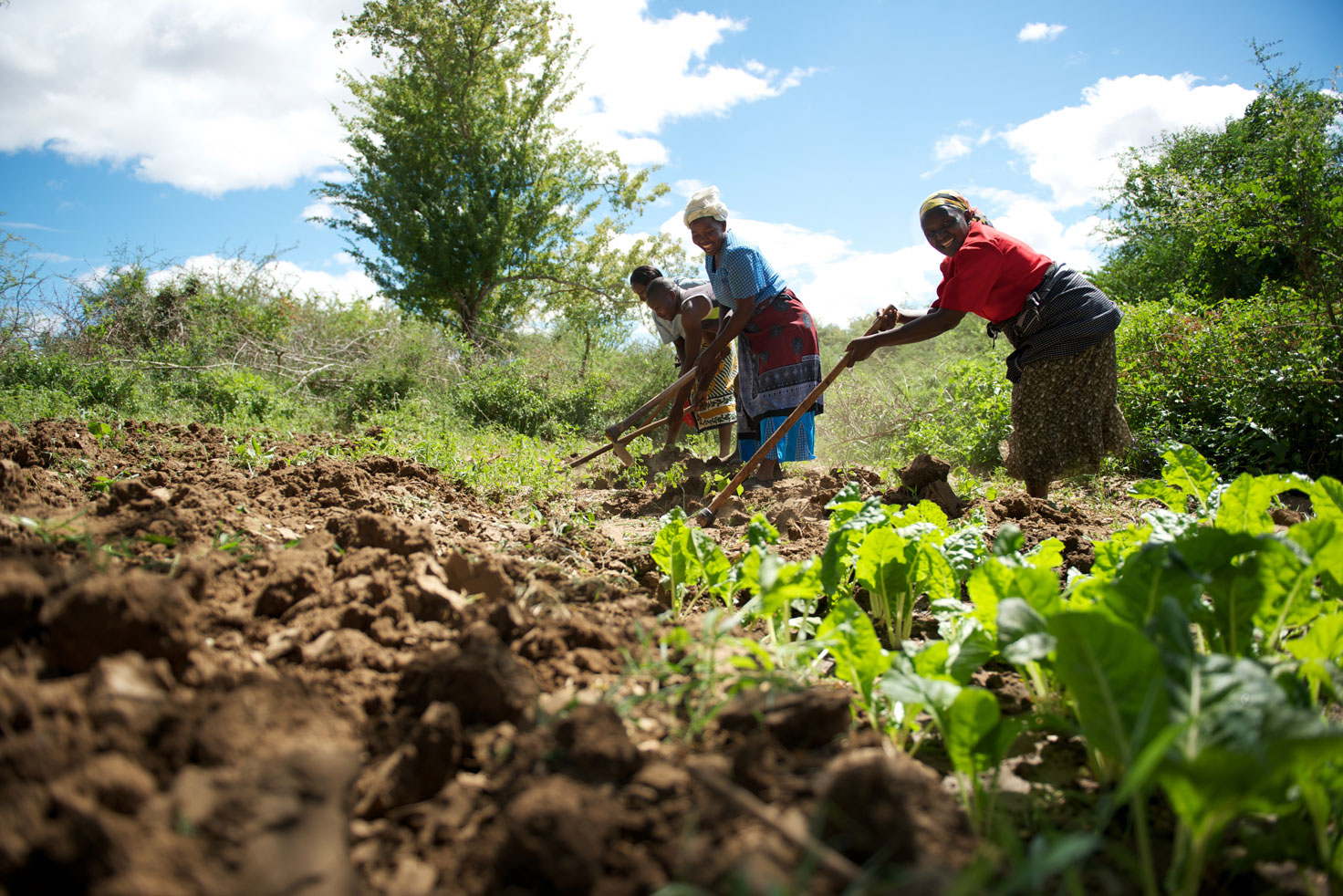Smallholder farmers and the Paris Agreement
As 60 million people around the world face severe hunger because of El Niño and millions more because of climate change, world leaders will meet in New York this week to sign the Paris Agreement on Earth Day.
This historic pact, formed during the 2015 United Nations Climate Change Conference at the 21st session of the Conference of the Parties (COP21), is the first universal climate agreement of its kind.
On 22 April, more than 130 countries are planning to sign and implement the Paris Agreement, including the United States, China, and numerous countries in Africa and the European Union.
These efforts come at a critical time as projections show climate change is only going to become more problematic.
[…]The role of agriculture
According to Laganda, incorporating agriculture into climate discussions has always been a contentious issue.
“Agriculture on the one hand contributes to global warming, and on the other hand is suffering from its impacts,” Laganda said. “Plus, different countries have different agricultural strategies, with some being more carbon-intensive than others. This makes it difficult to have an over-arching agreement that works for everyone. Agriculture was always an ambivalent topic in these negotiations.”
The Paris Agreement overcomes this problem with the use of intended nationally determined contributions (INDCs). INDCs communicate to the international community the steps governments are taking to address climate change gas emissions within their own countries.
In order to reduce greenhouse gas emissions, countries are reporting their intentions to reform their transportation systems and to increase their use of energy-efficient and renewable energy. A majority of these nations are talking about agriculture as well.
“Through the INDCs, the Paris Agreement manages to establish a link with agriculture which has been missing so far,” Laganda said. “Around 80 per cent of INDCs include agriculture, which means that many countries have now recognized that agriculture is part of the solution to global warming.”

